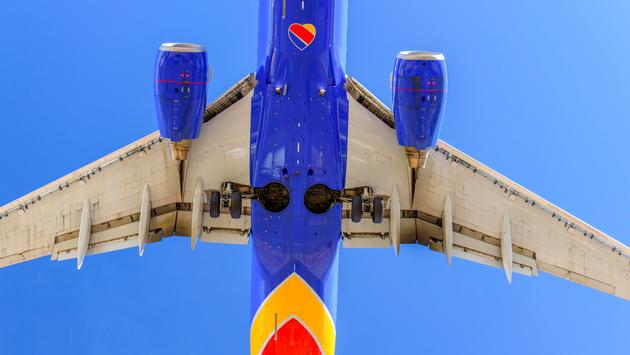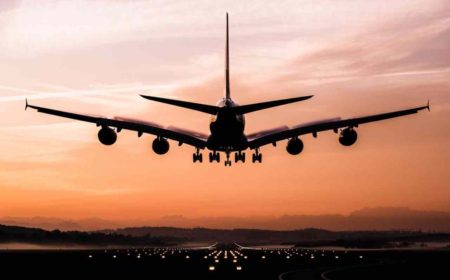
A crack developed in the fuselage of a Southwest Airlines Boeing 737 during a flight on Mar. 9, leading to a gradual loss of cabin pressure which forced the pilots to make an emergency descent. The Federal Aviation Administration (FAA) are currently investigating the cause.
The aircraft was on route from Las Vegas, Nevada to Boise, Idaho when a loss of cabin pressure was detected and caused a rapid descent to 22,000 feet. After this, the flight was able to continue without further incident.
Southwest Airlines spokeswoman, Michelle Agnew stated, “The aircraft did not incur a rapid depressurisation, masks were not deployed, and the aircraft did not require a diversion to maintain safety of flight.”
Upon inspection, a 12-inch crack was detected behind the cockpit and although the cause is not yet clear, the FAA have outlined some possibilities. The first speculates that safety procedures were not performed correctly so the crack had escaped detection. Another possibility is that it was the result of a manufacturing flaw which could have led to a more serious incident.
Southwest has faced two similar issues with the fuselage skin of its aircraft in recent years. In 2011 in particular, a five-foot hole opened up on a Southwest Boeing 737 mid-flight which was attributed to cracks in the fuselage that went undiscovered.
Depending on the investigation outcome, the FAA may push for inspections schedule guidelines for fuselage cracks on the Boeing 737 to be reduced to less than 1,500 flights.



